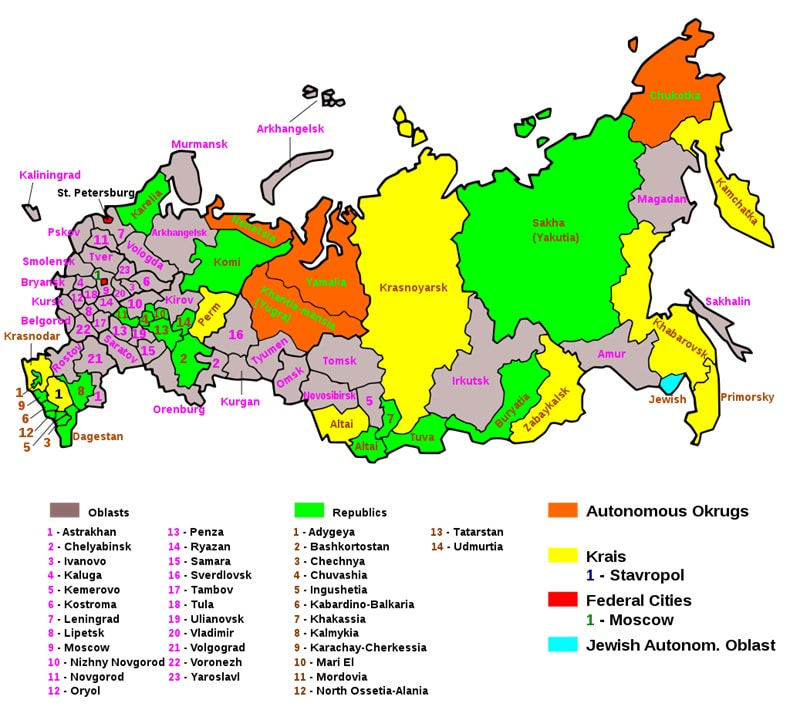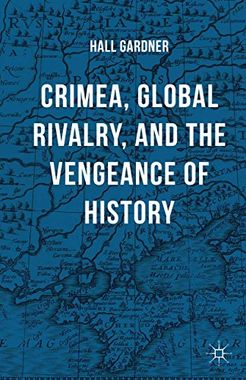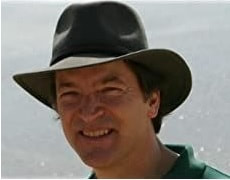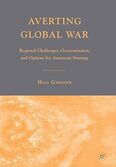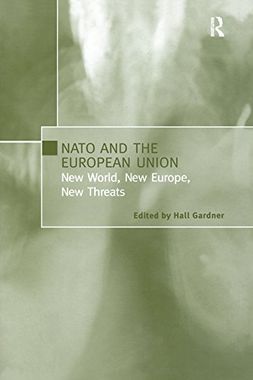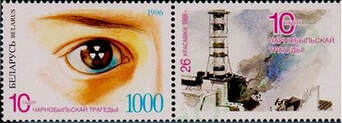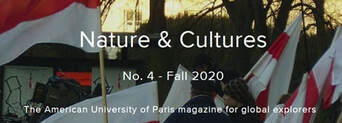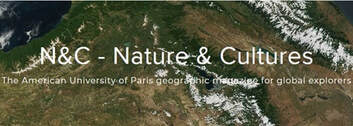This page was first published on December 26, 2021. Our N&C - Nature & Cultures editorial board is updating this page as the war in Ukraine is unfolding.
Russia, Ukraine and the 30-year quest for a post-Soviet order
Mary Elise Sarotte
Financial Times, February 25, 2022 Read it in this special section of the Financial Times |
"The outbreak of war in Ukraine means, among many other consequences, that we need to view the cold war’s end through a new lens. Its most lasting consequence, tragically, may not be the optimism that it inspired in the many, but the damage that it did to the one: Vladimir Putin. To assuage his grievance about the loss of Soviet status and above all Ukraine, he has commenced a major land war in Europe — and written the requiem for the post-Soviet peace." |
Les relations entre les États-Unis et la Russie : retour sur les trois dernières décennies
|
by Oleg Kobtzeff,
Associate Professor at the American University of Paris and editor in chief of N&C - Nature & Cultures foir the Institut d'Etudes de Géopolitique Appliquée February 15, 2022 |
- Did the USSR collapse because of the United States? A triumphalist American myth and a victimized Russian myth both equally dangerous. |
Vladimir Pozner: How the United States Created Vladimir Putin |
“We are at an extremely dangerous moment today. Never have the relations between Russia and the United States… been at this level,” said the Russian-American journalist Vladimir Pozner to a standing-room-only crowd at Luce Hall on Sept. 27. “During the worst times of the Cold War, when I was living in the Soviet Union… Russians were anti-White House, anti-Wall Street, but not anti-America. … Today that’s different. Today it’s anti-American at the grassroots level, and there’s a reason for it.” |
"La Russie, une nation en suspens" ("Russia, a nation in suspension".)
Is there a Russian national identity? The policies implemented over the past thirty years have not made it possible to provide a clear answer to this question - it is indeed particularly complex in this country of great ethnic and cultural diversity, and cultivating an ambiguous relationship to the past, to say the least. Soviet and Imperial. " (...) Thirty years after the fall of the USSR and more than a century after the fall of the Romanov Empire, the question "where does the empire end and where does the nation begin?" Remains without a definitive answer in the Russian debates. The Sorbonne's young researcher Sergei Fediunin presents an excellent history of the difficulty for the Yeltsin and Putin régimes to find an ideology that would create consensus over an identity for all citizens of Russia. The article is in French and deserves your turning on your best translation app.
|
Crimea, Global Rivalry, and the Vengeance of History
|
In March 1997, I was invited to Warsaw to participate in the Committee on Atlantic Studies conference, “NATO and Peacekeeping,” sponsored by the Polish prime ministry and the Ministry of Defense. As I did not see any Russian representatives present, and as at least two Ukrainians had been invited as observers, my suspicion was that the conference was already symbolic of the beginning of the end of efforts to sustain positive relations with Moscow. As I was preparing my discussion on NATO-Russian-European peacekeeping deployments in ex-Yugoslavia, a dark-haired, pale-faced man in a black suit came out of a back door with my first book, Surviving the Millennium, in his hands. |
How Do Russians Feel About a War With Ukraine?by Andrei Kolesnikov
|
« Militarization stopped being a way to mobilize Russians in support of the government in 2018. Russians—in particular young people—don’t want war. |
Why is Ukraine the West's Fault? Featuring John Mearsheimer at the University of Chicago
|
|
Conventional Wisdom is that Putin is the main cause of the crisis [that] he is either crazy or irrational, [and that] he is bent on creating a greater Russia. (...) The idea that he is bent on creating a Greater Russia? I think that if he could do it, he would do it. But he can't do it. Russia is a declining great power. (...) If they would try to create a Greater Russia by invading Ukraine and by invading the Baltic states, they would be jumping into the briar patch! In fact if you want to wreck Russia, what you should do is to tell them to create a Greater Russia, it would lead to no end to trouble. I think Putin is much too smart for that and he is in the process of wrecking Ukraine and he is wrecking Ukraine because he is basically saying to the west you can't have it and I will wreck it before you take it. Is he crazy or irrational? I don't think so. I think he is very strategic." |
After the end of the Soviet Union, the newly independent Ukraine had a large arsenal of nuclear weapons on its territory. However, in 1994, Ukraine agreed to give up nuclear arms and become a member of the Nuclear Nonproliferation Treaty; within two years, it had removed all atomic weapons. Almost alone among observers, Mearsheimer was opposed to that decision because he saw that Ukraine without a nuclear deterrent would likely to be subjected to aggression by Russia. However, Mearsheimer later argued (as in this lecture) that Russian intervention in Crimea and Ukraine had been motivated by what he saw as the irresponsible strategic objectives of NATO in Eastern Europe. He compared NATO expansion into Eastern Europe, led by NATO, and the planned inclusion of Ukraine to the hypothetical scenario of a Chinese military alliance in North America: "Imagine the American outrage if China built an impressive military alliance and tried to include Canada and Mexico." Find the article in these pages of Foreign Affairs. The response to Mearsheimer by Michael McFaul and Stephen Sestanovich can also be found in Foreign Affairs: here.
Interview on developments in Russian foreign relations until June 3, 2021 (RFI - Radio France International)
|
|
"Paris Perspective #12: Putin, Paris & Power - Dr. Oleg Kobtzeff": This edition of Paris Perspective takes a look at relations between the "West" and Russia's sphere of influence in the "East", in light of accusations of hijacking and piracy against Belarus, following Minsk's intercept of a flight from Athens to Vilnius. RFI's David Coffey speaks to Oleg Kobtzeff, Associate Professor of history and politics at the American University of Paris, about France's potential mediating role between the two blocs. https://www.youtube.com/watch?v=LlFihgyNfXo&t=3s |
Interview: Antoine Arjakovsky explains the foundations of the Ukraine-Russia conflict
|
|
Antoine Arjakovsky is research director at the Collège des Bernadins in Paris and founding director of the Institute of Ecumenical Studies in Lviv, Ukraine. A historian, cultural stuidies specialist and Orthodox theologian, he has gained a position in the mainstream French media as one of the leading voices in defending Ukraine's independance from Russia . |
And don't miss these features from our past issues:
|
"Understanding the situation in Belarus".
By Oleg Kobtzeff, Associate Professor, American University of Paris. A situation very different from politics in Ukraine. |
|
"Briefing: War in Nagorno-Karabakh" by David Vauclair author, Professor, ILERI, Sciences Po - Paris.
|
To subscribe, join our staff or contribute stories, reports or photos simply join our Facebook group. You will receive a newsletter through FB plus links to each of our newly published articles and more.
